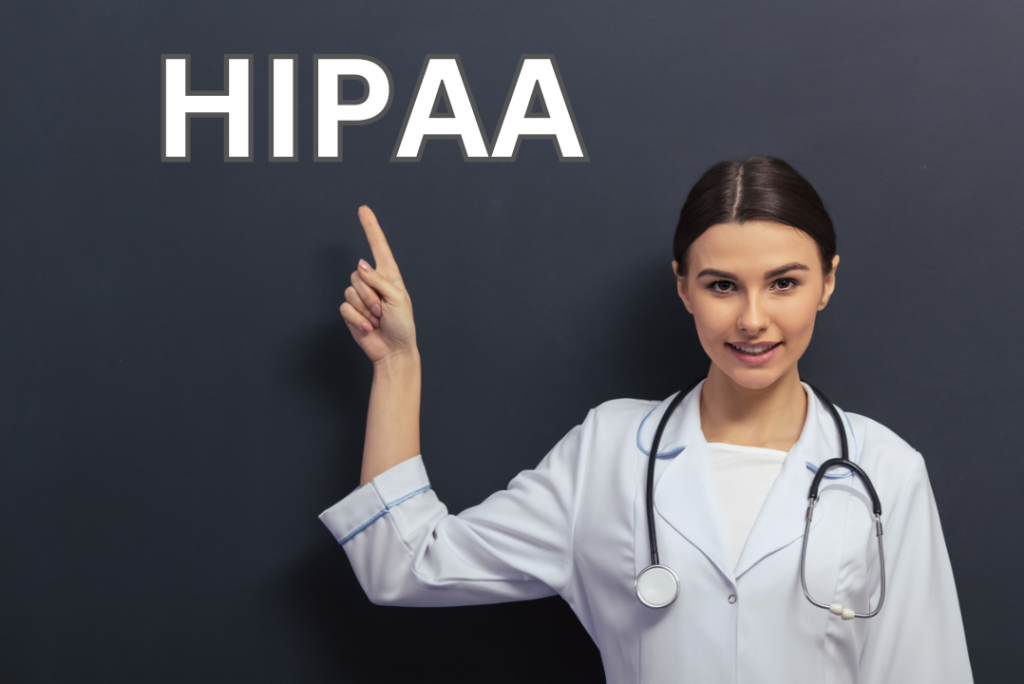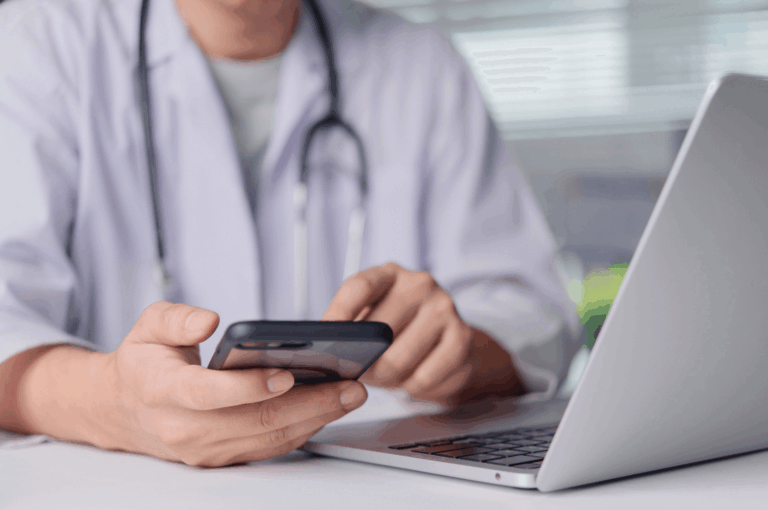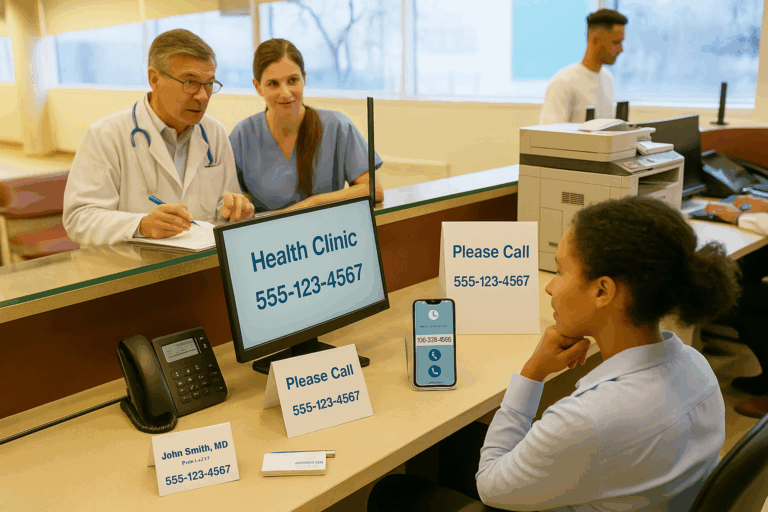Everybody makes mistakes. Even Albert Einstein wasn’t perfect.
For healthcare professionals tasked with handling protected health information (PHI), though, mistakes can be extremely costly. As you likely already know, failing to comply with the Security Rule of HIPAA and its administrative, physical and technical safeguards — even unintentionally — can result in fines and penalties.
Criminal HIPAA violation penalties range from a fine of $50,000 and up to a year in prison to $250,000 and up to ten years of jail time. Civil penalties vary from $100 – $50,000 per violation, with an annual maximum of $25,000 for repeat violations, to $50,000 per violation, with a yearly maximum of $1.5 million. Those punitive actions are separate from the damaged reputation and decreased customer trust a healthcare provider often experiences when PHI is stolen.
With such a focus on cybersecurity, is the healthcare industry still being hit by data breaches? We’ll let these statistics do the talking:
- In July 2024, 43 healthcare data breaches involving 500 or more records were reported to the HHS’ Office for Civil Rights (OCR), for a total of 435 so far this year.
- Also, in July 2024, 1,217,299 healthcare records were confirmed as exposed, stolen or impermissibly disclosed.
- The ten largest health data breaches in the first half of 2024 affected more than 31 million Americans.
- The average cost of a healthcare data breach is $9.77 million, more than twice the number of any other industry.
- Seventy percent of breached organizations reported suffering significant or very significant disruption due to a breach, and 63 percent passed data breach costs on to customers.
- In 2023, 725 data breaches were reported to OCR; across those breaches, more than 133 million records were exposed or impermissibly disclosed.
How Healthcare is Being Breached
Followed by finance, healthcare tops all industries in the cost of cyberattacks. Much of the healthcare industry’s cybercrime comes from data breaches, which occur through various incidents, including stolen devices, hacking, human error and negligence.
Although cybercriminals lurk to commit nefarious PHI theft, those unintentional acts that break HIPAA guidelines are not exempt from OCR discipline. Some of the most common HIPAA violations include snooping on healthcare records, impermissible disclosures and improper disposal of PHI, failure to perform an organization-wide risk analysis and insufficient PHI access controls.
Most healthcare providers in the United States employ technology in their profession. If they don’t already, they should be aware of the three major rules from the HIPAA Security Rule that apply to technology:
- Any technology that stores PHI must automatically log out after a certain time to prevent access by someone without credentials.
- Anyone with access to PHI must have a unique login that can be audited based on their use.
- PHI must be encrypted.
Patients prefer communicating with their providers using tools that offer them convenience—text messaging is the most widely used. Because an increasing number of providers employ text messages to promote patient engagement and conduct patient outreach, it’s not uncommon for them to commit mistakes such as texting non-opt-in contacts, sharing PHI without permission, giving the wrong employees access and sending messages to the wrong contact.
Another frequent provider error is texting from a non-secure system. That’s easy to avoid when implementing a HIPAA-compliant telephone system designed specifically for healthcare providers.
The Security and Convenience of Cloud-Based Healthcare Communication
As a healthcare provider, you have unique business and communication needs. You require a HIPAA-compliant phone system to provide your practice with the scalability and reliability it needs while reducing costs.
Healthcare voice over Internet Protocol (VoIP) phone systems operate over the Internet, enabling you to communicate from any device with an Internet connection, including computers, smartphones and tablets. The technology works with your existing mobile and desktop equipment, so you aren’t stuck paying for costly maintenance fees, hardware, lease lines or long-distance call charges.
Along with promoting secure healthcare communication to establish HIPAA compliance, scalable VoIP phone systems supply providers with improved integration with other healthcare systems for business continuity, streamlined efficiency, cross-site integration and collaboration capabilities, 24/7 access to contacts, files and features, and more.
Because VoIP HIPAA telephones are cloud-based, providers who utilize them experience an improved capability to access patient data remotely and share important information with patients about preventative care, medication adherence and post-hospitalization care plans. They benefit from better resource utilization, lower overhead, improved performance, increased access to on-demand services and secure maintenance of IoT devices. Almost 95 percent of businesses report significant improvements in online security after moving their data to the cloud.
RingRx: HIPAA-Compliant and Built for Healthcare
Any HIPAA-compliant VoIP phone system you select must adhere to stringent security measures, including end-to-end encryption, role-based access controls, audit log maintenance, employee HIPAA training, a business associate agreement (BAA) and regular data backups.
At RingRx, we encrypt data to prevent unauthorized breaches wherever data is stored. All phone system data is stored in highly secured and protected cloud-based servers, giving you the best combination of convenience and security to bolster patient trust and operational efficiency.
Learn more about HIPAA-compliant solutions with RingRx. Contact us today for a free trial!




